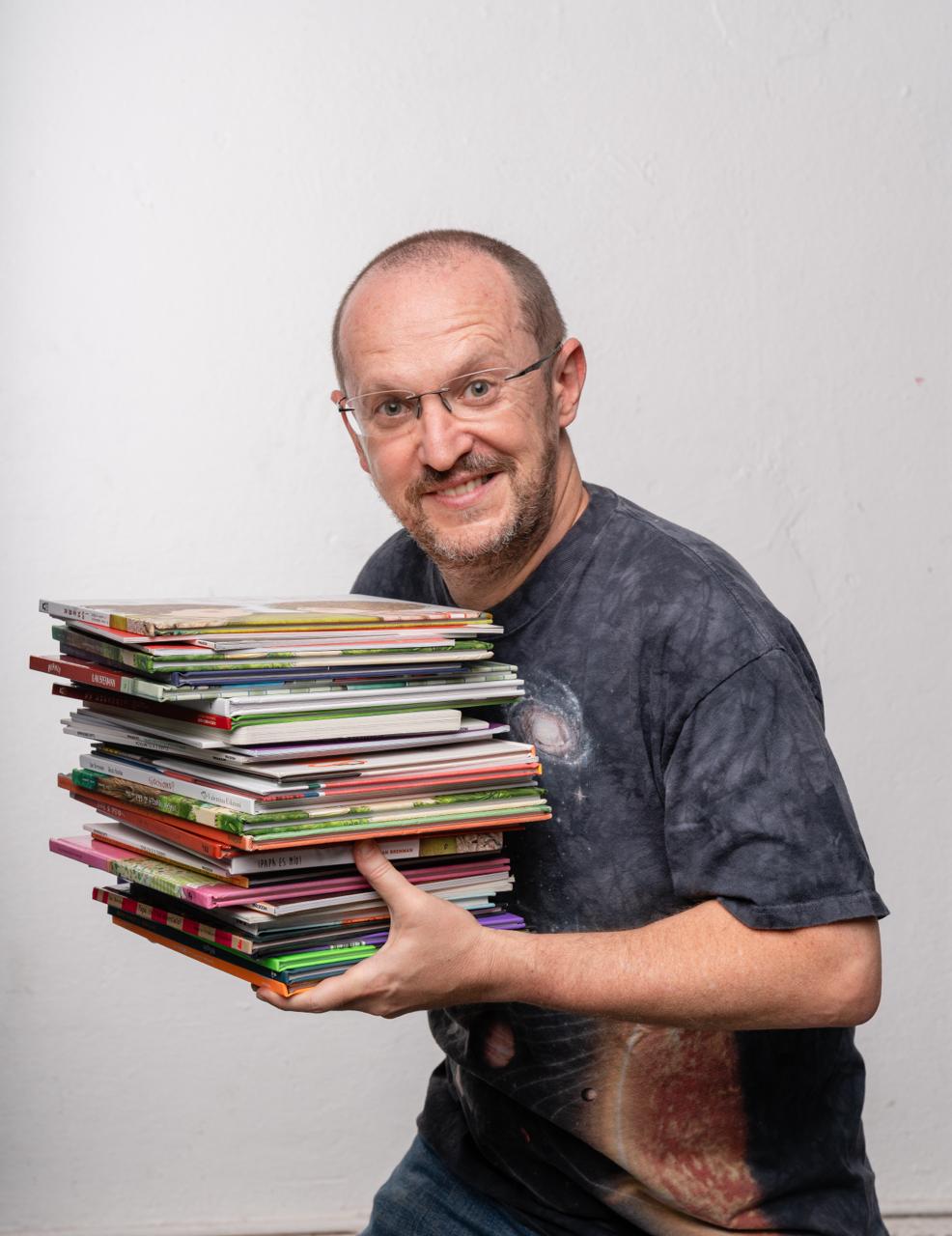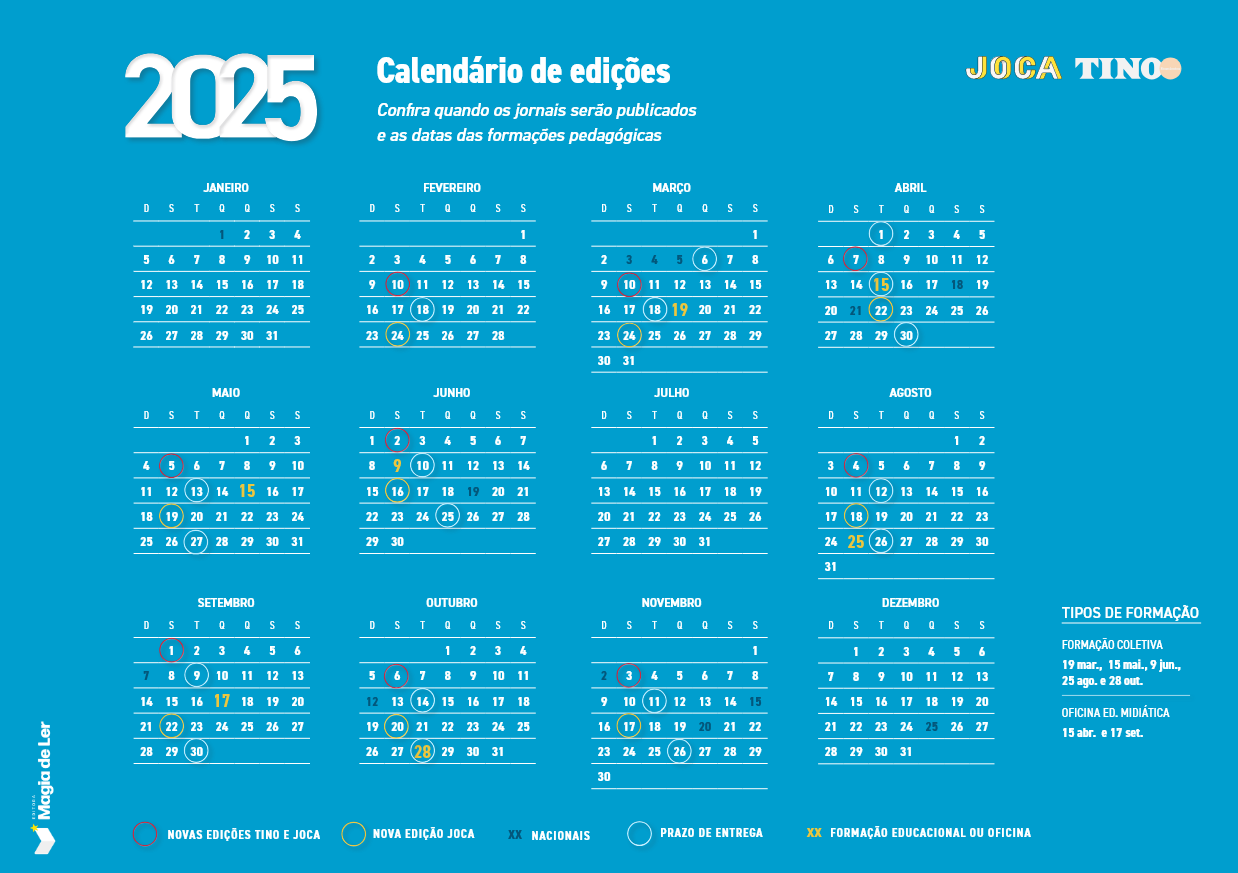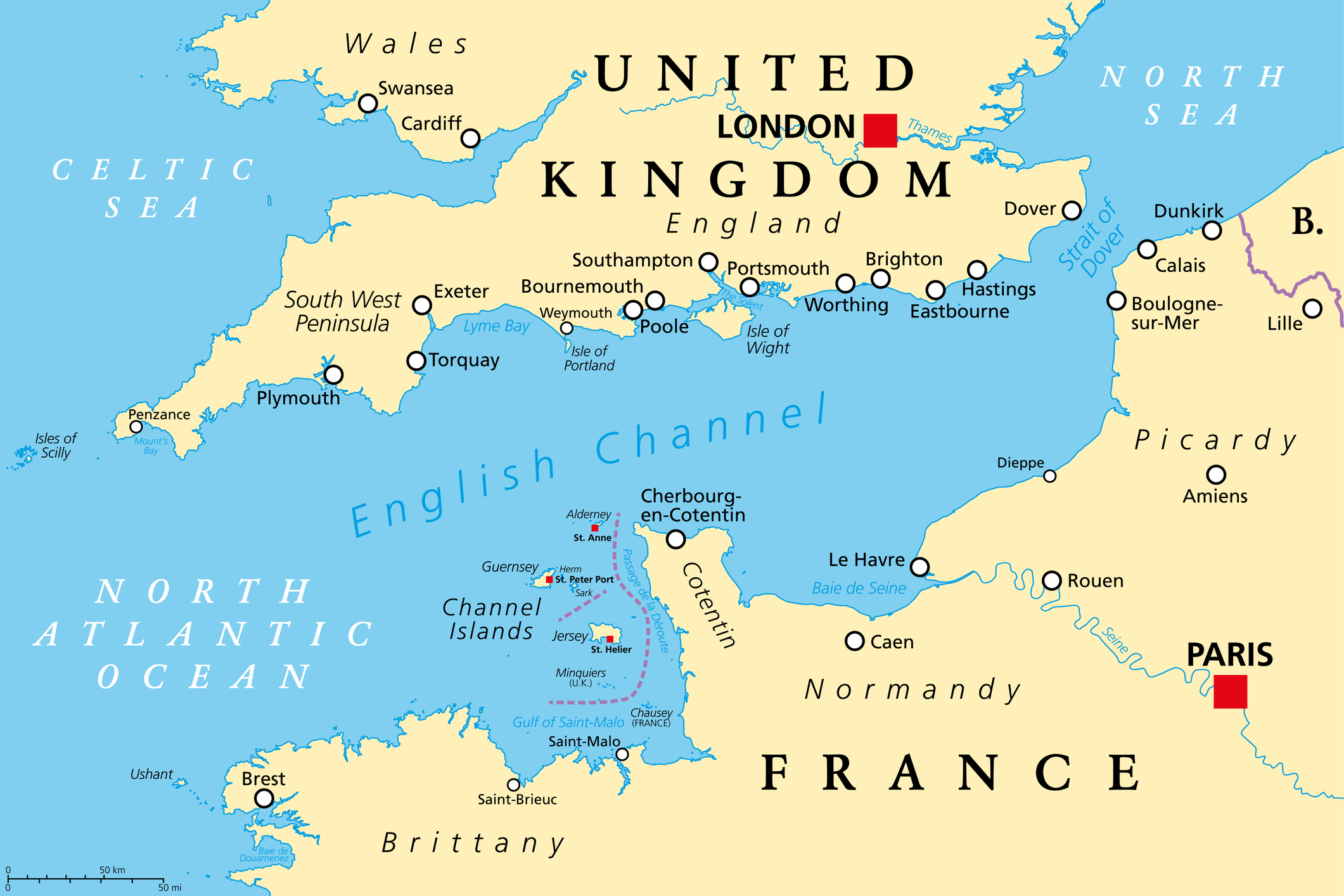Edições Impressas
14 de fevereiro de 2025
Junior reporter: Stories Inspired by Life – Level 2
Article published on Joca 235

Ilan Brenman says that he is, first and foremost, a storyteller. His stories come from a variety of places: readings, moments spent with his daughters, conversations and memories. With these stories, the author has already published over 80 books and has had his work translated into languages such as German, French, Romanian, Greek, Italian, Spanish, Polish, Swedish, Danish, Turkish and Vietnamese, among others. Ilan is the author of the famous Até as princesas soltam pum [Even princesses fart] from 2008. He also won the 2024 Jabuti Prize in the categories of Best Children’s Book and Illustration with Cabo de Guerra [Tug-of-war], written in collaboration with Guilherme Karsten. Sarah W., 11, and Manu V., 9, members of the Joca Club, interviewed Ilan to find out a little more about a writer’s creative process. Check it out below:
What inspired you to become a writer?
When I was a child, I didn’t imagine that I would become a writer. When I was little, I wanted to be what kids of my generation wanted to be, like a soccer player, Spider-Man, and even a character from a series called “The Six Million Dollar Man”. The idea of becoming a writer happened when I was 18, when I started working with children and, at one of the schools, one of the kids asked me to tell a story. I said I didn’t know any and a girl said: “Then make it up”. I started making up stories and haven’t stopped since.
How do you come up with the themes for your children’s books? Are they commissioned by publishers or based on your everyday life? (Sarah)
Publishers commission themes for many authors. I have close to 80 books published in Brazil and 40 translated around the world. Of these, very few were commissioned, although that does happen. Almost 100% of what I’ve done comes from a wish, an inspiration, or from looking at my daughters, things that we talked about and that brought me stories. I’m also inspired by ancient Arabic, Chinese, Indian stories and much more, which are the fruit of the research that I love to carry out.
Of the books that you have written, which is your favorite? (Manu)
I love every book I write. I study every detail, from illustration to the cover, to the paper. Everything is done with great care and taken seriously. I think I love them all, because I have wanted to do them all. The most talked-about one to date is Até as princesas soltam pum, which is really well known and beloved by the public.
What is your writing routine like? Does it change when you write for different age groups? (Sarah)
My routine is the same. When I write, I don’t think about the age group, that comes later. I write up the story that comes to mind and, once it’s ready, I see which audience might enjoy it. I have a collection titled “Baby Reader”, but I didn’t create it with babies in mind. The age range is determined as the story is being written, and it doesn’t mean that older or younger children won’t also enjoy the book.
What do you seek to convey to the audience with your books?
To be honest, when I write, I don’t think too much about the messages the book might convey. I want to have fun and be moved. Of course, once finished, the story does convey messages, but that happens naturally. For example, many people think that I wrote the book Até as princesas soltam pum thinking of humanizing princesses, of showing how normal everyone is; but no, the story came about after my daughter let out a real fart. It was a funny scene, and the story came to mind. It’s not the message that really moves me, it’s the story.
Brazil recently passed a law that prohibits the use of cell phones in schools. You have a book called Desligue e Abra [Turn it off and open it] that talks about this. How can literature be an antidote to this challenge?
We’re sure that books are an antidote. When you take away cell phones, you need something in their place. The problem is overuse, not the cell phone itself. Cells phones make you feel part of the world, cell phones are everywhere, and books can create balance, calm the mind. I always say that books create light from the inside out and screens from the outside in. So, with books, you create connections, you have the relationship between the book itself and the reader, between the reader and the parent, the teacher, it creates different relationships.
How does one participate in the Jabuti prize? And what was your reaction when you won the award?
The Jabuti is a very important award in Brazilian literature. The publisher submits the book, then a curatorship evaluates it and chooses the top ten, then the top five and, finally, the winner. Just making it to the top ten is already awesome!
The idea of becoming a writer happened when I was18, when I started working with children and, at one of the schools, one of the kids asked me to tell a story. I said I didn’t know any and a girl said: “Then make it up”. I started making up stories and haven’t stopped since.
Ixi! Você bateu no paywall!
Ainda não é assinante? Assine agora e tenha acesso ilimitado ao conteúdo do Joca.











Você precisa fazer o login para publicar um comentário.